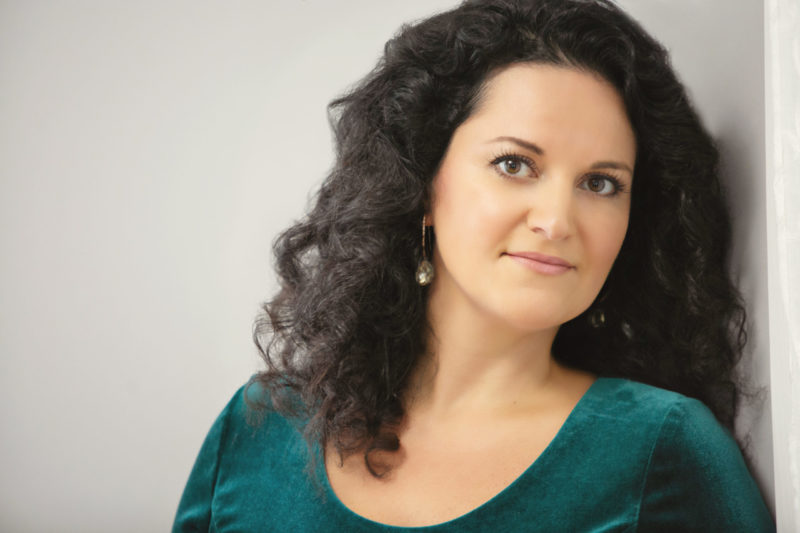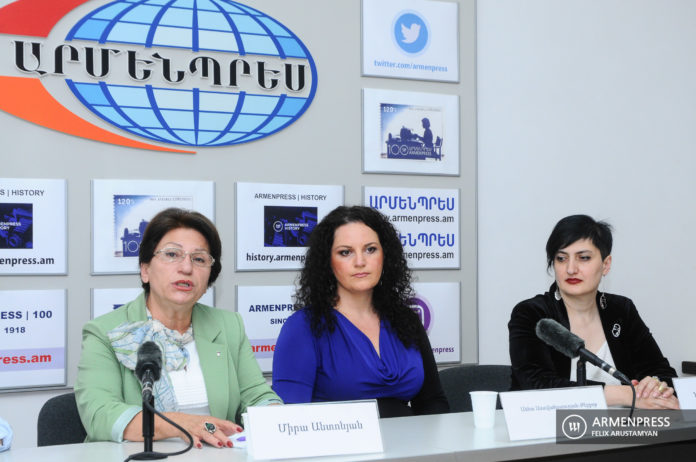By Cristopher Patvakanian
Special to the Mirror-Spectator
WESTBROOK, Maine – Long before the 2020 Artsakh war, Anna Astvatsaturian Turcotte was a staunch advocate and leader for the rights of Artsakh Armenians. Having escaped Baku in 1989 and becoming a refugee at the age of 11, she is all too familiar with how traumatic it is to be a survivor of ethnic cleansing and a refugee without a home.

After publishing her book titled Nowhere, a Story of Exile, based on the diaries she kept as a refugee from Baku, Anna began her advocacy on various pro-Armenia and Artsakh policies. Simultaneously, she completed humanitarian projects to support the communities of both Artsakh and Armenia, eventually formalizing her efforts by establishing the Anna Astvatsaturian Foundation. Created in the spring of 2020, the foundation is a 501c3 non-profit dedicated to humanitarian cultural and educational efforts in Armenia, Artsakh and the diaspora. When the war began, it concentrated on providing first aid to Artsakh but has since shifted its focus towards conducting a full population survey to document the needs and property losses for the entire Artsakh Republic.
Astvatsaturian Turcotte’s reason for starting the census project was prompted by her personal experience as a refugee. She explained that as a Baku Armenian “none of our losses, whether physical or psychological trauma, and property loss, was ever recorded by anyone… the government of Armenia should know that. Now all that information is lost.”
The foundation launched the project with the assistance of Armenia’s Association of Social Workers, and the work has been underway since the end of the war. The final results of the 50-page survey will provide critically needed data for the government, NGOs, human rights organizations, and international institutions to develop post-war programming for Artsakh based on data.








